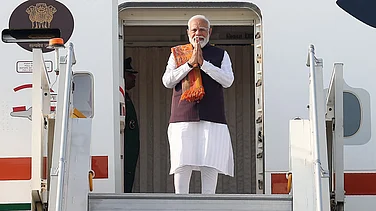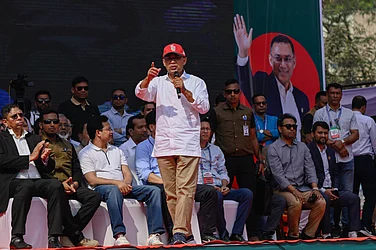Voters in Turkey returned to the polls on Sunday for a historic presidential runoff election that could determine the future course of the nation. President Recep Tayyip Erdogan, who has been in power for two decades, is expected to secure a new five-year term, despite facing criticism for his increasingly authoritarian rule and handling of economic challenges and a recent earthquake. Erdogan's opponent, Kemal Kilicdaroglu, the candidate of a six-party alliance and leader of Turkey's center-left main opposition party, has promised to restore democratic values and improve relations with the West.
Erdogan's strong showing in the first round, where he finished four percentage points ahead of Kilicdaroglu, coupled with his conservative Islamist-rooted coalition's victory in parliamentary elections, has boosted his campaign. While Kilicdaroglu aims to rally opposition against Erdogan by appealing to dissatisfied voters and promoting change, Erdogan highlights stability as a key selling point.
The election outcome carries significant implications beyond Turkey's borders. As a NATO member and a geopolitical player with involvement in hotspots like Syria and Libya, Turkey's foreign relations and its role in global politics could be influenced by the election results.
With more than 64 million eligible voters, a high turnout is anticipated once again after the impressive participation in the first round. The preliminary results are expected to be announced shortly after the polls close at 5 p.m., providing an important decision that could extend Erdogan's rule until 2028.
As Turkey commemorates the 100th anniversary of its establishment as a republic, this election also coincides with the 10th anniversary of mass anti-government protests that challenged Erdogan's government and foreshadowed a crackdown on civil society and freedom of expression.
(With AP Inputs)


























